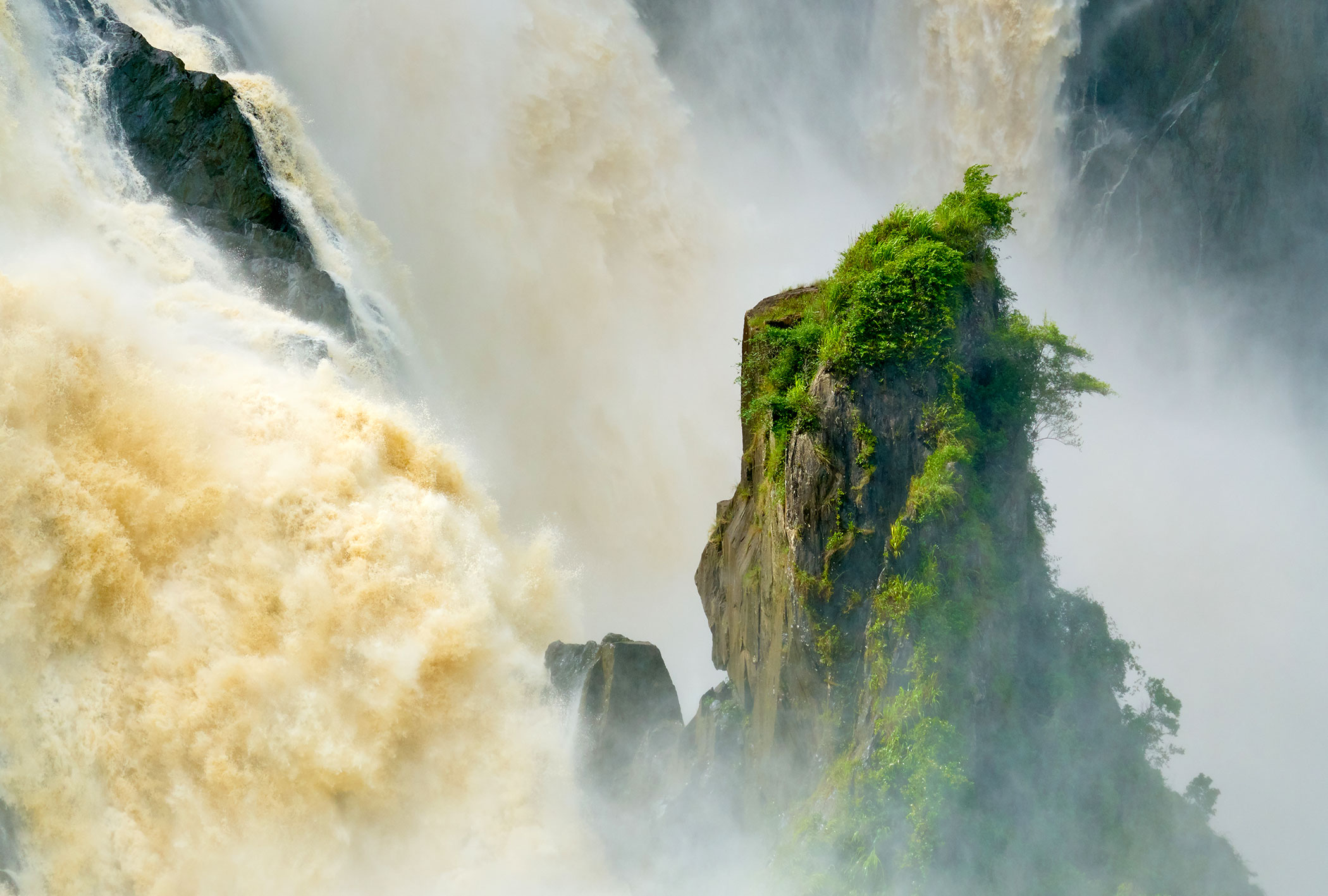
Green spaces aren’t just for nature
– they boost our mental health too
Posted on 14.10.2021
We’re beginning to understand just how vital access to natural space is for our mental well-being – with implications for how we design cities worldwide
From the Hanging Gardens of Babylon to the orange gardens of Seville, urban planners down the ages have taken inspiration from nature. And those of us living in the concrete and brick jungle have perhaps never appreciated scraps of green space more than during the covid-19 pandemic. During lockdowns, city dwellers across the world have found parks and gardens – where they exist an unexpected source of calm and joy.
That comes as no surprise to the growing number of psychologists and ecologists studying the effects of nature on people’s mental health and well-being. The links they are uncovering are complex, and not yet fully understood. But even as the pandemic has highlighted them, it has also exposed that, in an increasingly urbanised world, our access to nature is dwindling – and often the most socio-economically deprived people face the biggest barriers. Amid talk about building back better, there is an obvious win-win-win here. Understand how to green the world’s urban spaces the right way and it can boost human well-being, help redress social inequality and be a boon for the biodiversity we all depend on.
On evolutionary timescales, urban living is a new invention. Our species has existed for at least 300,000 years, but the oldest cities are only some 6000 years old. Only recently – little more than a decade ago, according to figures from the UN Population Division – have we become a majority-urban species. Now the number of us living in cities is booming like never before. By 2050, projections suggest almost 70 per cent of us will be urban dwellers (see “Urban latecomers”).
Our late arrival into cities might help explain our affinity with nature and green spaces. In 1984, biologist Edward O. Wilson made this connection explicit with his “biophilia” hypothesis. His idea was that the environment in which humans evolved has shaped our brain, priming it to respond positively to cues that would have enhanced survival for our ancestors, such as trees, savannah, lakes and waterways. This, Wilson argued, is why being in nature makes us feel good.
Whether that is the reason or not, the past few years have seen an explosion of research finding concrete links between increased exposure to nature and not just improved physical health, but better mental health, too. Mental health issues are estimated to account for as much as a third of all years lived with disability, and account for around 13 per cent of disability-adjusted life-years (DALYs) lost, similar to the toll of cardiovascular disease and circulatory disorders.
A common problem, however, is that people don’t know about the benefits of nature, says psychologist Marc Berman at the University of Chicago.
“Scientists need to work a bit harder to get out of the ivory tower, to get their message across,” he says. “It’s important to talk to communities. It’s not going to work to be paternalistic.”
And it isn’t just about knowledge: people need to also experience the effect that urban green spaces have on their sense of well-being. “If we can do interventions where we can encourage people to try it, then I think they will buy in,”
That is why the pandemic could be such a powerful force for change. “Our planning – today and into the future – will affect the well-being of billions of people,” says Daily. And if we can build back greener, that will create a virtuous circle. Recent studies from both China and England find that feeling more connected with nature makes people more likely to adopt positive environmental behaviours. If so, then greener cities won’t just improve the mental health of their residents, but also focus our minds on the needs of nature beyond our urban jungles.
Greener cities won’t just improve the mental health of their residents, but also focus our minds on the needs of nature beyond our urban jungles.
Source
and
New Scientist
Have a story to tell or news to share?
Let us know by Submitting a News Story







